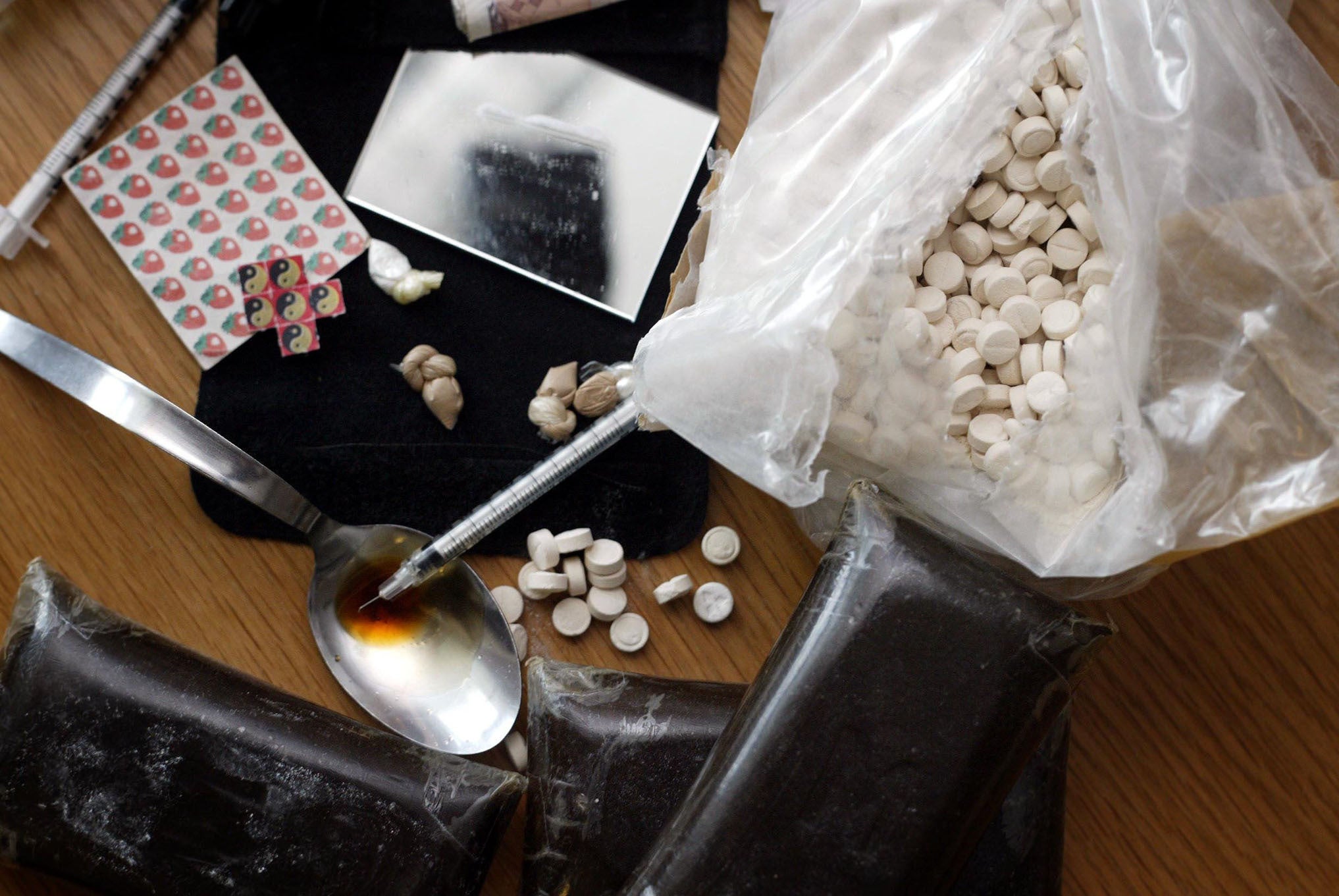Stop saying ‘junkie’: Adverts aim to end stigma over alcohol and drug problems
The drive features TV and billboard adverts calling on people to treat drug and alcohol problems like any other health condition.

A national campaign calling for drug and alcohol problems to be treated as a health condition and urging people to stop using words such as “alcoholic” and “junkie” launches on Monday.
The Scottish Government campaign aims to highlight the damage caused by the stigma of problem drug and alcohol use and how this can stop those affected from being able to get help.
The campaign comes as Scotland struggles with a drugs death crisis.
Last year, 1,339 people died in Scotland because of drug use, up 5% on the previous year, and the highest on record.
Deaths related to alcohol rose 17% to 1,190 in 2020, according to figures published in August, the highest since 2008.
There were 14,310 drug-related hospital stays in Scotland in 2020/21.
The campaign involves posters and TV adverts one picturing a tearful woman, saying: “No, I’m not well. I have an alcohol problem.”
Another poster shows a man with a similar message on drugs.
The adverts state: “A drug or alcohol problem is a health condition. People should receive help and support, not judgment. Let’s end the stigma of addiction.”
The adverts link to an information page on NHS Inform urging a “kinder” approach to those affected, adding: “People struggling with an alcohol or drug problem should get the same support and treatment as those with any other health condition.”
It continues: “Substance use has been seen as a lifestyle choice or the result of poor decisions. It’s also been described or viewed as a mistake or the result of moral weakness.
“This is stigmatising and unhelpful. It shows a connection between drug or alcohol use and personal failings. This allows substance use to be linked to character or morals. Viewing this as just a personal issue adds to stigma.”
It calls on people to help challenge stigma by speaking out when they hear “negative or wrong comments about people with a drug or alcohol problem”.
It advises that terms such as a “addict, alcoholic and junkie” should not be used but replaced with “person with problematic substance use, person with harmful alcohol use, and person with problematic drug use”.
We must remember that people with a substance use problem are family members, neighbours, friends and colleagues
Drugs policy minister Angela Constance said: “This is a hard-hitting national campaign which encourages people to see the personal story behind the stereotype.
“Stigma is damaging not only to the individual in terms of their mental health and sense of self-worth but it also discourages them from coming forward to get the help they need. It also impacts on friends and family members.
“We must remember that people with a substance use problem are family members, neighbours, friends and colleagues.
“By addressing stigma, and the silence and alienation it causes, we make it easier for people to seek help and that is to the benefit of each and every one of us.”
Bookmark popover
Removed from bookmarks